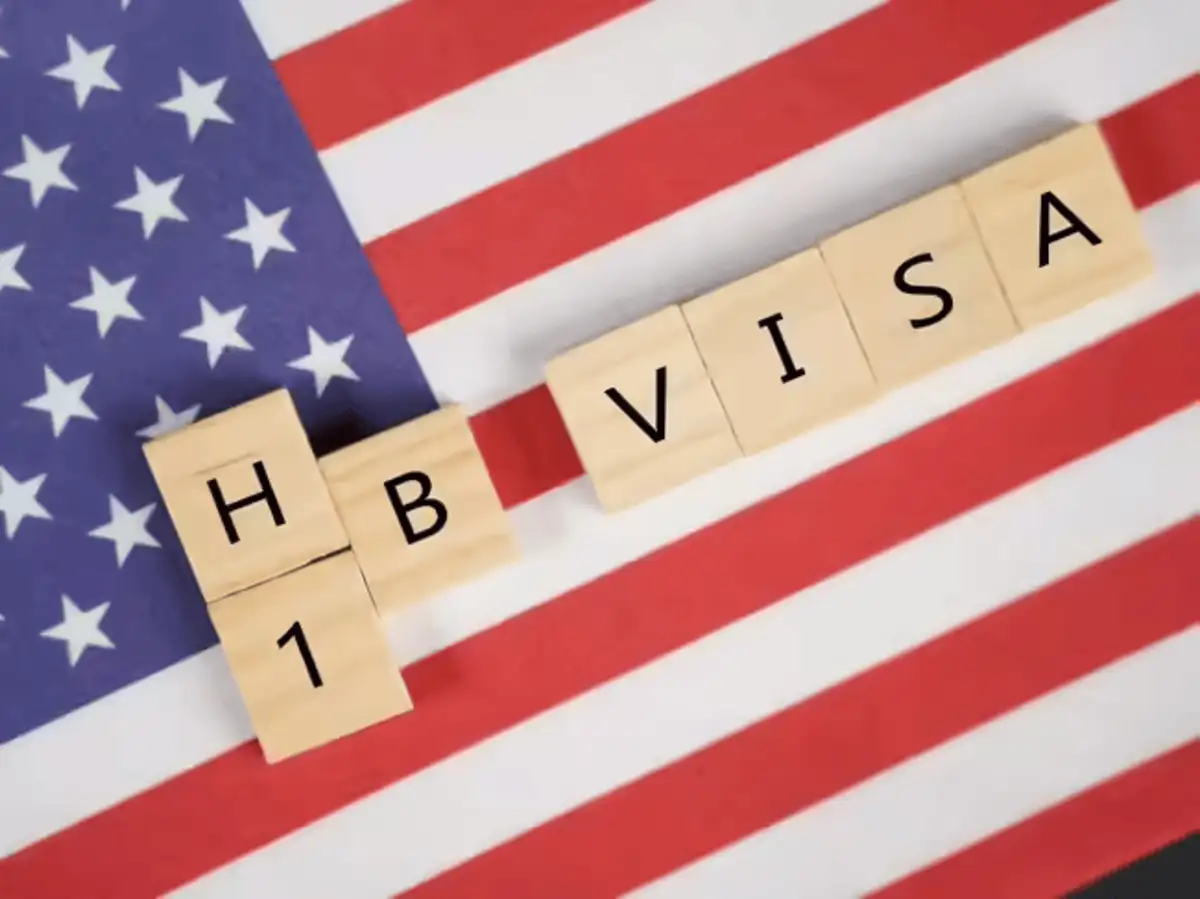USCIS Clarifies $100,000 H-1B Fee: Who Pays and What it Means for Employers
This significant new fee for H-1B petitions for workers abroad introduces a substantial financial barrier for employers seeking to recruit international talent, potentially reshaping global recruitment strategies and facing ongoing legal scrutiny.

Subscribe to our newsletter and stay informed about latest H1B news, policy updates and and other developments.
Article Summary
New rules mandate a $100,000 fee for specific H-1B visa petitions for foreign workers outside the US, effective September 21, 2025. USCIS has issued guidance clarifying that this fee applies only to new petitions for beneficiaries abroad, not to those already in the US or for amendments/extensions. Employers must pay via pay.gov, with rare exceptions, and the policy is currently facing legal challenges.
Original Article: economictimes.indiatimes.com
[ Sentiment: negative | Tone: factual ]
This summary and analysis were generated by TheNewsPublisher's editorial AI. This content is for informational purposes only; it does not constitute legal or immigration advice.
[ Sentiment: negative | Tone: factual ]
This summary and analysis were generated by TheNewsPublisher's editorial AI. This content is for informational purposes only; it does not constitute legal or immigration advice.
TNP AI: Key Insights
This $100,000 fee directly impacts employers' global recruitment strategies, making it significantly more expensive to bring in new H-1B talent from outside the U.S., potentially shifting focus to in-country hires or other visa categories.
While additional H-1B fees (like ACWIA fees) exist, a $100,000 payment for specific petitions is unprecedented, representing a drastic increase in the cost of sponsoring foreign workers and a departure from previous fee structures.
For tech startups and businesses reliant on international talent, this cost could be prohibitive, potentially forcing them to reconsider hiring foreign professionals or to explore talent pools in other countries with more favorable immigration policies.
The ongoing legal challenges from organizations like the US Chamber of Commerce indicate that the enforceability and long-term viability of this fee are uncertain, suggesting potential for further policy shifts or court injunctions before the 2025 effective date.




